How do you earn an ICF coaching credential?
The ICF Credentialing Pathway
The International Coach Federation is the largest, most recognized third-party regulatory body for coaches and coach training programs. But the process of becoming an ICF credentialed coach can feel complex at times. Whether you are confused by the many acronyms or the multiple requirements to earn and maintain this prestigious credential, we are here to help.
When you know what is required of you and what your options are within the process, you can prepare ahead. This allows you to get the most from your training experience. It also ensures that, every step of the way, you are moving strategically toward your end goal: ICF Coaching Credential.
Before we dive in, let’s clarify an issue that comes up for many new coaches…
What is the difference between a certification from Coach Training World and a credential from the International Coach Federation (ICF)?
The first is a certificate awarded by us, the coach training school. The second is a credential conferred by the ICF. They sound similar. Yet one hinges upon the other.
You need a coach training program certificate to apply for an ICF credential. When applying for your credential, you will upload your certificate during your ICF application process.
Holding a certificate from Coach Training World demonstrates that you have successfully completed all of the requirements for that certificate. Beyond that, it associates you with our core methodology: Whole Person Coaching.
The value of this certificate cannot be understated. It tells prospective clients that you are backed and vetting by one of the top holistic coach training programs in the world. This allows you to successfully market yourself and your services to your ideal clientele while completing your requirements to earn your credential from the ICF.
Think of your coach training certificate as your first step toward earning a credential through an ICF accredited program. It’s like completing a degree through a four-year university before moving on to a specialized practice – first you receive a diploma then you become board certified within your chosen field.
Let’s look at your options to earn an ICF Credential.
Learn About Our ICF Accredited Whole Person Coach Training Program
ACTP vs. ACSTH Programs
The type of coach training program you choose is the biggest factor that affects how you earn your ICF credential.
There are three different types of coach training programs:
- ACTP: Accredited Coach Training Program
- ACSTH: Approved Coach Specific Training Hours
- CCE: Continuing Coach Education
If you attend an Accredited Coach Training Program (ACTP), the process of obtaining your ICF credential is faster and easier. Why? Because an ACTP program, such as Coach Training World’s Whole Person Certified Coach program, is designed to be comprehensive. This means it provides everything you need to become credentialed by the ICF.
Be aware: not all coach training programs are all-inclusive. Some are structured in an à la carte or add-on style. This type of program often means you will be faced with hidden costs to complete all your ICF requirements.
Want to explore each type of coach training program?
The 3-Steps to Earn an ICF Credential
If you attend an Accredited Coach Training Program, there are three steps to earn your ICF credential:
Step 1: Complete a 125+ Hour ICF Accredited Coach Training Program (ACTP). (We’ll discuss what all this entails later.)
Step 2: Obtain your Coaching Experience Hours (We’ll share with you the many ways we support our students to earn these hours.)
ACC Certification |
PCC Certification |
| A minimum of 100 hours (70 paid) of coaching experience with at least eight clients following the start of your coach-specific training. At least 25 of these hours must occur within the 24 months prior to submitting your application for credential. | A minimum of 500 hours (440 paid) of coaching experience with at least 25 clients following the start of your coach training. At least 50 of these hours must occur within the 24 months prior to submitting your application for credential. Note: The 100 hours earned toward your ACC count toward these 500 hours. |
Step 3: Take ICF’s Coach Knowledge Assessment (CKA). (We’ll give you tips on how to pass this exam and what to expect.)
Step 4: This last step is only for those who have taken a 60-hour training vs. a full 125+ Hour ACTP training. For those pursuing their ACC credential in addition to the three conditions above, you also need to:
- Complete a Performance Evaluation with the ICF. This adds an additional cost to your credentialing process and about 16 weeks.
As you might already guess, an ACTP program places you in the fast lane to obtain your credential. It also gives you the assurance of quality training. Unlike workshops and personal development courses that tend to be largely unstructured, an ACTP program is accredited. This means the school has gone through a far more rigorous process to offer this type of training. It also means the school must prove that it maintains set standards to keep their certified status with the ICF.
Earning your ICF Credential via the ACTP Pathway
Just in case you are wondering… there are many good reasons as to why you’d benefit from an ICF credential. Let’s dig into what to expect when you attend an ICF ACTP program such as ours. There are four components:
- Coach Training Hours
- ICF Mentor Coaching
- Coaching Evaluations & Performance Exam
- Coaching Experience Hours
1. Coach Training Hours
Depending on the type of ICF coaching credential you pursue – ACC, PCC, or MCC – you will need to attend anywhere from 60 to 200 Coach Training Hours.
These instructional “classroom” hours are where you learn how to effectively coach others toward generating the results they seek. Depending on the program, you may attend a portion of these hours via self-study. Although at Coach Training World, we encourage live participation as much as possible. You can attend online via Zoom or in-person, making it easier to work around scheduling and other commitments.
Should you choose a 60-Hour or 125+ Hour program?
If you are interested in coaching as a potential new career or business, you may want to consider pursuing your ICF ACC through a program such as our ICF ASSOCIATE CERTIFICATION. This 60-hour ICF certification requires the least amount of effort to get started. It is also considered a stepping-stone toward a Professional credential (PCC). But as mentioned above, you must apply for your ICF credential via the ACSTH pathway and add the performance evaluation into your process to go this route.
If you are committing yourself to become a professional certified coach and seeking to either start a coaching business or work internally as a coach, you will likely want to pursue your ICF PCC through a program such as our ICF PROFESSIONAL CERTIFICATION. This program allows you to apply for your ICF ACC and PCC credentials via the ACTP Pathway. Beyond your training program, the only additional step is to take the final ICF Coaching Knowledge Assessment (CKA).
Learn even more about which program to choose?
Rare few pursue an MCC credential. Those who do are usually PCCs who want to take that final step after working a few years and amassing an abundance of coaching experience hours. These coaches tend to add an additional 65 hours to their 125-hour program through Master Classes and/or advanced coach trainings.
Now that we’ve talked about the ICF’s requirements for coach training hours, let’s pivot to their Mentor Coaching requirements. These are completed as part of your ACTP program with your school.
2. ICF Mentor Coaching
A lot of confusion exists around what ICF mentor coaching is and, more importantly, what it is not. ICF Mentor Coaching deepens what you learn in your coach training and hones your new coaching skills with the consultation of an ICF credentialed mentor coach.
Many coaches hope ICF mentor coaching includes business development. Yet the focus of ICF mentor coaching is to expand your knowledge and skills as they relate to the ICF Core Coaching Competencies. The competencies are essentially guidelines designed specifically to help you expand and strengthen your capacity to effect change using the ICF backbone.
Many of our students consider this part of the training a highlight of the program. The support of a mentor strengthens your coaching skills and confidence simultaneously.
It’s important to note that the ICF requires your mentorship to last for a minimum of 3+ months. This enables you to demonstrate your development over time as you solidify your coaching skills.
Another stipulation is that the ICF requires your personal mentor coach to hold an ICF credential equal to or greater than the credential you are seeking to earn. At Coach Training World, our mentors hold either a PCC or MCC and are trained to deliver their best. This ensures you receive top-notch mentor coaching while often establishing the groundwork of a lifelong support network.
In addition to your coach training hours and ICF mentor coaching, you also need to accrue Coaching Experience Hours. Learn more about CTW’s ICF Mentor Coaching Program.
3. Coaching Evaluations & Performance Exam
The International Coach Federation requires that you pass a minimum of six coaching evaluations. These evaluations take place either inside the coach training intensive and/or within your ICF mentor coaching sessions.
Evaluations are designed to help you track areas where you are mastering the coaching process. They also highlight any areas you need to develop more fully to maximize your potential as a professional coach.
During a performance evaluation, you will be invited to step up at various times in your training program to coach a fellow student, mentor, or instructor and receive constructive feedback. During this process, you will also be invited to perform a self-evaluation. While it may feel intimidating to coach live, it’s a powerful way to receive feedback. It also leaves you feeling good about your progress.
Read Carefully: Depending on the coach training program you’re in, you MAY need to complete an additional performance exam with the International Coach Federation.
If you have only attended a 60-Hour Coach Training program, the ICF requires you to submit your best coaching session and its transcription for a final evaluation. This is currently taking an additional 16 weeks for the ICF to review.
If you are in a full 125+ Hour Coach Training Program, you are NOT required to submit a coaching sample to the ICF. That is a primary benefit of attending a full ACTP program. It’s a far more efficient way to train. During the time you wait to be evaluated within a 60-hour program, you could actually complete a full 125+ hour program. This would qualify you for both your ICF Associate and ICF Professional certifications all at once.
Let’s move on to the final requirements toward becoming an ICF certified coach…
4. ICF Coaching Experience Hours
The International Coach Federation requires a specific number of Coaching Experience Hours to be completed for each of its certifications. These hours are logged outside your coach training and ICF mentor coaching programs. Like a regular client session, you coach a person or group.
Think of these hours as on-the-job training. They may be comprised of any variety of coaching clients, including individuals or groups (of no more than 15 people), as well as internal or third-party clients.
COVID NOTICE: With Covid restrictions and safety concerns, the ICF currently requires 70% of these Coaching Experience Hours to be “paid.” This contrasts with 75% under normal operating conditions. Post Covid, it is anticipated that the number of paid hours will go back to 75%. All remaining hours can be earned coaching pro bono.
Please note: the fee you charge for a “paid” session is up to you. The overarching idea is that you receive fair value for your coaching services. For some, this is represented by a dollar amount. For others, it’s fair trade. My favorite paid barter remains massage for coaching!
We encourage our students to start practicing as soon as they enter the program. This not only instills comfort in the coaching process, it also allows you to begin completing this requirement as early as possible. That said, some students are more comfortable completing their training before they work with the public. It’s up to you.
Coaching Experience Hour Requirements
| Credential | Coaching Experience Hours | Typical Duration |
| ICF Associate Certification |
100 Coaching Experience Hours
|
Many students complete 7-10 coaching experience hours a week. How much time you commit to complete this ICF certification requirement, and when you commit it, is up to you. |
|
ICF Professional Certification (You can pursue ACC while completing your PCC) |
500 Coaching Experience Hours
|
5. Coach Knowledge Assessment (CKA Exam)
This is the final step toward earning your ICF credential. If you are enrolled in an ICF 125+ Accredited Coach Training Program, the last hurdle is to apply for your credential.
Here is how to apply for your ICF credential on the ICF website:
- Decide if you want to become an ICF Member (if you aren’t already).Note: the ICF offers a significant discount for ICF members on the fee for your final test and/or performance exam. Becoming a member is easy. It also shaves off several hundred dollars from your application fee. In essence, you can become a member for your first year for only $45 should you desire that upgrade.
- Proceed with your application. Upload your Coach Training Program Certificate. If you have only attended a 60-Hour training, this is also when you will upload the audio recording of your Coaching Sample and transcript for the ICF to evaluate.
- Complete the application and click or tap “Submit.”
If you are like many of our students, you want to know how long it takes the ICF to get back to you. The answer varies. You typically hear back within a week if you’ve completed a full ACTP 125-hour coach training program. As part of a 60-hour program, it’s usually around 16 weeks if you are waiting for the ICF to complete your final performance evaluation.
What you can expect almost immediately, regardless of the program you’ve chosen, is an email with a link to start your final online test, the Coach Knowledge Assessment (CKA). Note: you can take the test any time. Just be aware that once you log in and begin, you have 3 hours to complete it. The clock is ticking. So do not log in until you are ready.
How much does it cost to apply for an ICF credential?
Associate Certified Coach (ACTP Pathway)
- ICF Members: $100 USD
- Non-members: $300 USD
Professional Certified Coach (ACTP Pathway)
- ICF Members: $300 USD
- Non-members: $500 USD
——————————————
Associate Certified Coach (ACSTH Pathway)
- ICF Members: $300 USD
- Non-members: $500 USD
Professional Certified Coach (ACSTH Pathway)
- ICF Members: $575 USD
- Non-members: $775 USD
*ICF Membership
Annual ICF membership dues are prorated monthly. The cost averages about $25 per month. For a current dues schedule, visit: https://coachingfederation.org/professional-coaches/pricing.
Obtaining your ICF coach certification demonstrates a commitment to the coaching profession. It also builds your credibility among prospective clients. According to the latest findings published in the 2020 ICF Global Coaching Study, certification is increasingly important, especially if you plan on pursuing clients within the business arena:
- “The overall mix of clients served by coach practitioners has remained broadly unchanged since 2015. A little over one in two coach practitioners said their clients are mostly managers (27%) or executives (25%); the combined total of 52% is identical to the position in 2015.”
- “Among coach practitioners with a business specialty, 40% of engagements are typically for seven or more months, compared with 28% for coach practitioners with a non-business specialty.”
- “Almost three in four managers/leaders (74%) said they plan to enroll in additional coach-specific training in the next 12 months.”
By regulating standards and core competencies within the coaching profession, the ICF ensures life coaches, business coaches, and executive coaches are reliable and trustworthy. When you earn an ICF credential, this is the value and guarantee you pass on to your clients, and all others who may be considering your services.
Gaining your International Coach Federation (ICF) Coaching Credential shows your commitment to the profession of coaching. It also positions you above untrained coaches in a crowded marketplace. But that’s not all, your confidence will soar, knowing that your prospects and future employers can verify your credibility through the ICF database of credentialed coaches. Plus, research shows that coaches with credentials are not only earning more money but are trusted more by prospective clients.


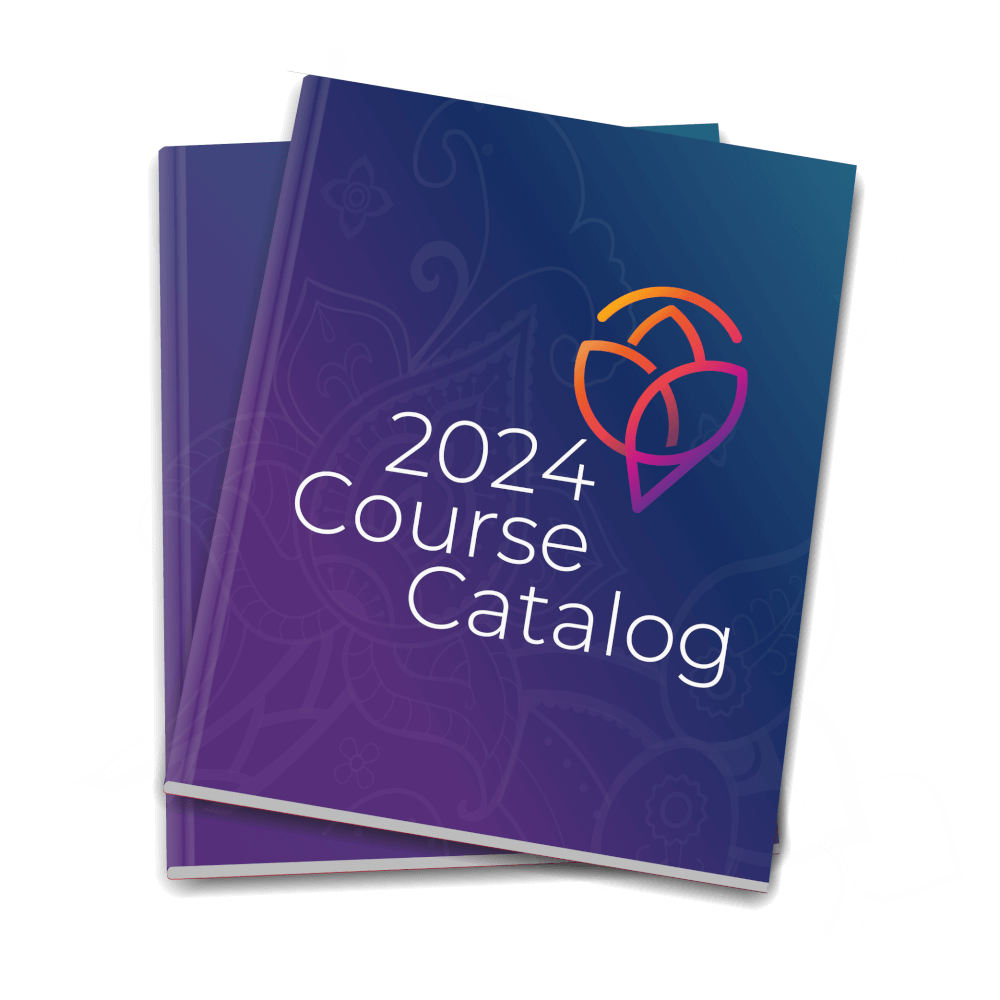


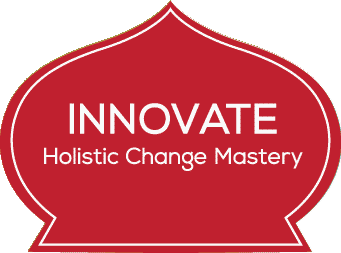
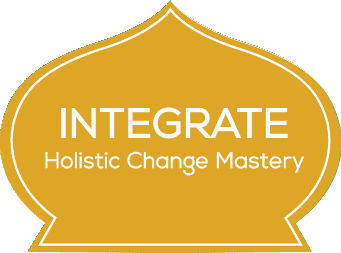
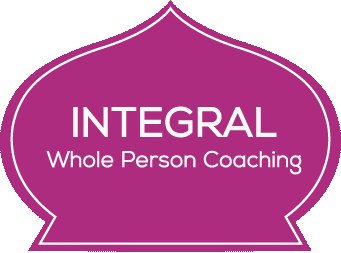
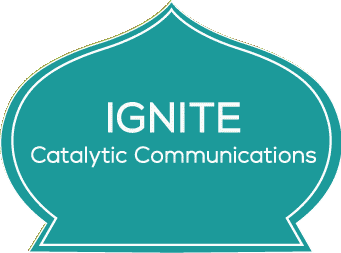
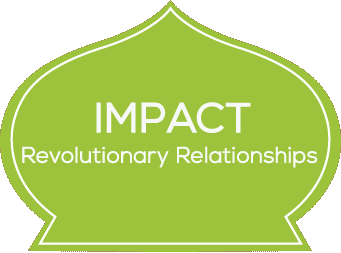
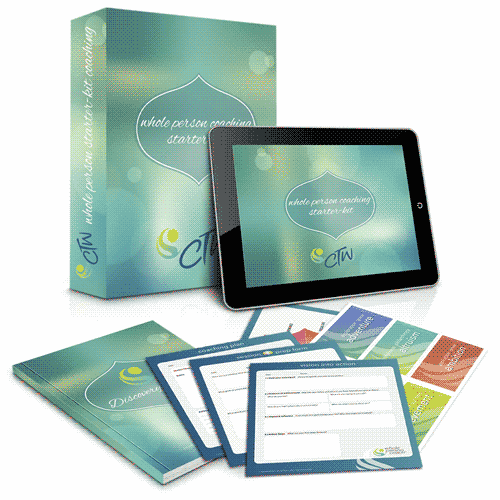
Hello
I am Kamal from New Jersey
I saw your website and got interest
I have been practicing as a psychologist in New Delhi India for over 12 years. I have done well back there.
Recently I have migrated to New Jersey
I am willing to start my practice as a life coach. I need to do a life coaching certification for practicing here.
I wish to know the following –
1. What is the total / final fee that I have to pay
2. Can I get a fast forward course that can get me certified in the least time ?. Since I was already having my practice in India, i will be a fast learner.
3. Do i get chance to learn online or through videos
4. Will i get a ICF certificate ? And in how much time ? Because that’s my major objective
Thanks
Waiting for your valued response
Kamal Khurana
Hello Kamal!
It sounds like you are interested in obtaining your ICF Credential. If you are looking at obtaining your ICF Associate Certified Coach credential – this process will take a minimum of 3 months per the ICF requirements. Your all-inclusive tuition for that would be $3495 currently. That would cover all training, mentoring and practicum. You’ll also need to complete 100 hours of coaching experience, which we can help you to obtain. Your last step after completing this work would be to apply at the ICF website. If you are looking at earning your ICF Professional Certified Coach (PCC) credential, the time to do this for past students has varied from 10-18 months due to the 500 hours of coaching experience that they need to complete. In addition to this you’d attend our Mastery: Level III program which gives you the required 125 hours of coach training, ICF PCC mentoring, practicum, etc. Your investment at this time for that program is $6995. That program also includes 12-months in our CoachPreneur Academy Business School and mentoring program.
Hello,
I want to be a life coach.
How much does your program cost?
How long is your program?
What is my title once I graduate?
Do I have to travel while going through your program?
I assume I’ll need a computer and internet for your program?
How many hours a week?
Anything else I need to know?
Thank you
Sarah Brecht
Hi Sarah!
I love all of your questions. You had asked about the tuition, which starts at $2795 for our CORE: Level I training. Most people complete that program in 1-3 months to become certified professional coaches. You can attend 100% of the program online via zoom conference which requires either a smart phone, pad or computer. You could also call in, although I wouldn’t recommend missing out on the visuals! Plus being able to see your cohort and the live interactive demos. Most people spend 3-5 hours a week on the program. The actual training days are completed in 3-day intensives. You can download our information kit here: https://coachtrainingworld.com/free-information-kit/ or schedule a free consultation by clicking on the orange button at the bottom right of the screen on our website.
Hello,
I am Tadashi from Japan.
I was looking for training to be a life coach in the US, then I found this website.
I want to know if Japanese people can be a life coach through your program.
If I can be a life coach, are there any things do I need to know?
Thank you
Tadashi
Hello Tadashi from Japan! Yes, we welcome student from all over the world into our program! As a life coach, what you’ll need more than knowledge is the skills you’ll learn from a program such as ours to help others. We find that students that come with an eagerness to learn, engage and develop themselves make for really good coaches! Warmly – Feroshia from Oregon, USA!
Hello!
I am keenly interested in the online training. However, I need to know if the tuition fee is paid once or do you accept payment on 2-3 instalments?
Thanks!
Patience Ikeokwu
From Nigeria, West Africa
Yes, we have payment plans. Do you know which program you are interested in? Warmly, Feroshia!
Hello,
This is Frass, I just want to ask if i could take ICF Professional Certification course with out ACC or does it required to take ACC first on order to take PCC.
Hi Frass! And Happy New Year! You can enroll directly into the PCC program, in fact that’s what most people do. During that time you are welcome to apply for your ACC while completing your PCC requirements.